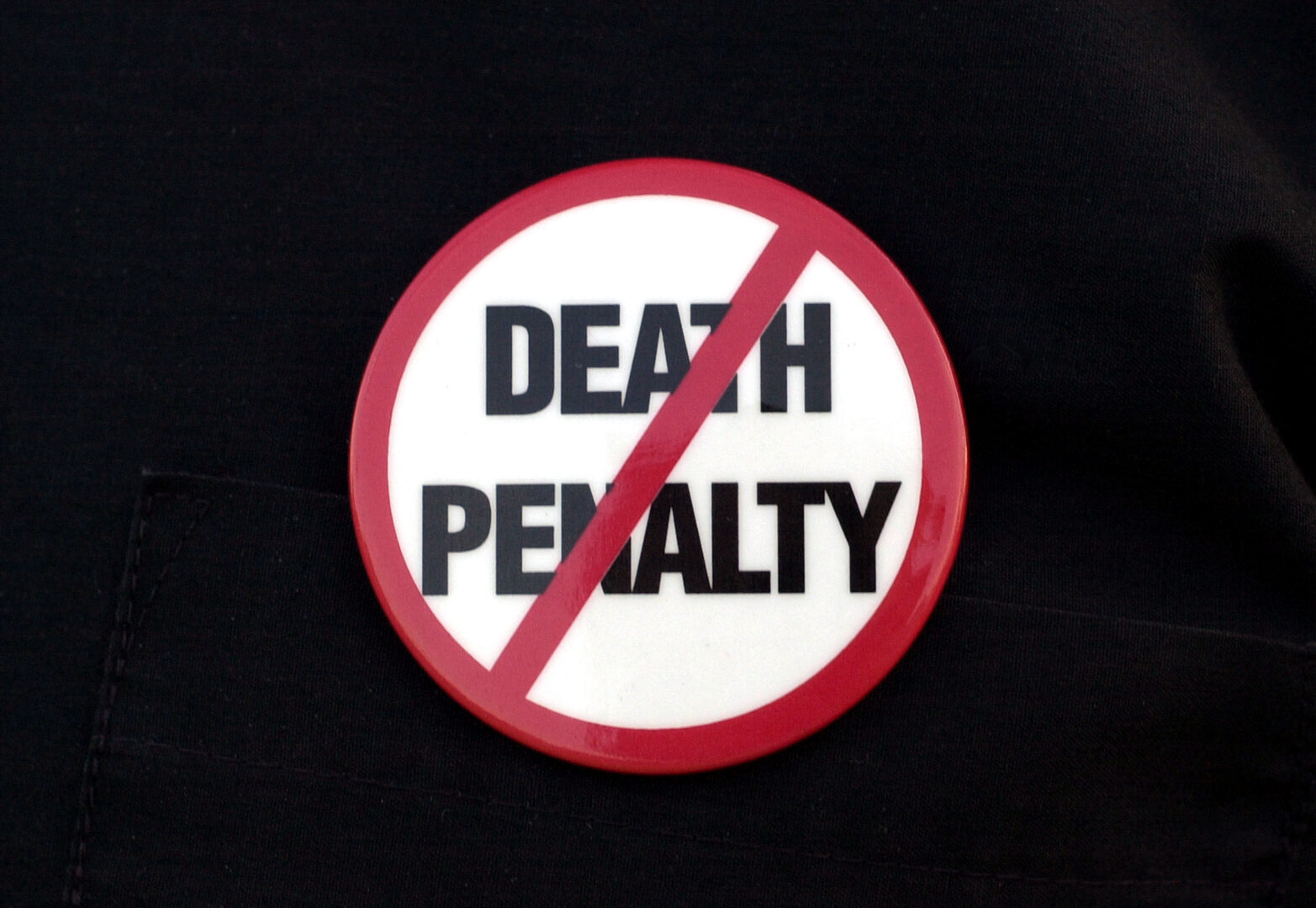Responding to news that the Brunei authorities have announced they will continue to refrain from implementing the death sentence, including under the newly enacted Syariah Penal Code Order, and would ratify the UN Convention Against Torture (UNCAT), Rachel Chhoa-Howard, Amnesty International’s Brunei Researcher, said:
“While the announcement that the death penalty will not be implemented is a welcome first step, the Brunei authorities are still defending the new penal code and its heinous laws. Even if death sentences are not going to be implemented, the death penalty and other cruel and inhuman punishments are still on the books and can be imposed on those found guilty.
“Merely enacting laws with penalties such as stoning and amputation has enabled a hateful and toxic environment. The Brunei authorities must follow suit on the promise that Brunei Darussalam will sign up to the UN Convention Against Torture. These reckless, indefensible provisions must be repealed immediately.”
Background
On May 5, media reported a speech by the Sultan of Brunei, Hassanal Bolkiah, announcing that Brunei will maintain its long-standing record of not implementing death sentences, including after the coming into force of the new Syariah Penal Code Order (SPCO) last month, on April 3.
He added: “I am aware that there are many questions and misperceptions with regard to the implementation of the SPCO. However, we believe that once these have been cleared, the merit of the law will be evident.
There is no indication that the moratorium applies to other non-lethal penalties contained in the SPCO, including canings and amputation.
In his speech, Sultan Hassanal Bolkiah announced that Brunei Darussalam will ratify the Convention against Torture and Other Cruel, Inhuman or Degrading Treatment or Punishment. The country has rejected all recommendations to this effect in its human rights review at the UN in 2014.
Under international human rights law, corporal punishment in all its forms, such as stoning, amputation or whipping, constitutes torture or other cruel, inhuman or degrading punishment, which is prohibited in all circumstances.
While Brunei retains the death penalty in law, Amnesty International considers it as abolitionist in practice. The last known execution in the country was carried out in 1957. One new death sentence was imposed in 2017, for a drug related offence. As of today, 106 countries have abolished the death penalty for all crimes and 142 are abolitionist in law or practice.
Brunei’s SPCO does not replace the existing Common Law-inspired Penal Code but is expected to operate alongside it – from information available, each case requires an initial decision to determine whether it should be prosecuted under civil law, or Shari’a law.

